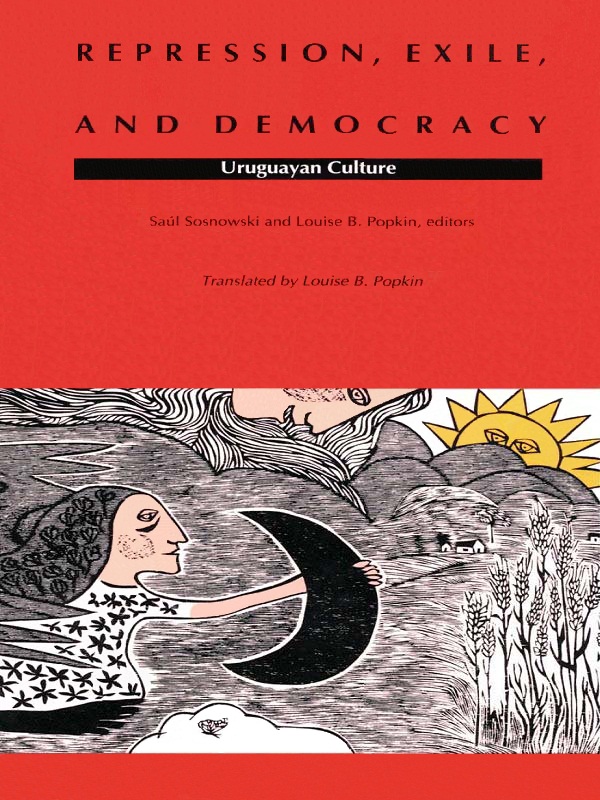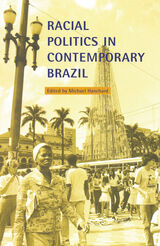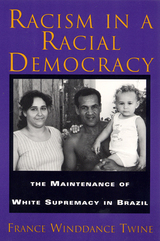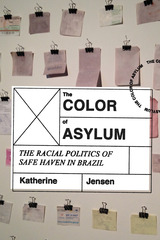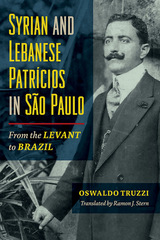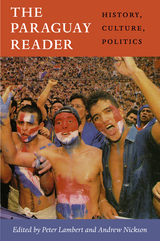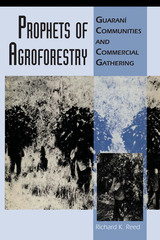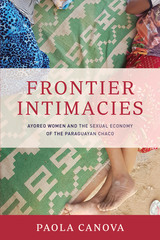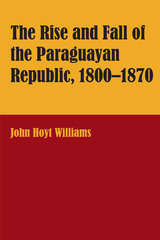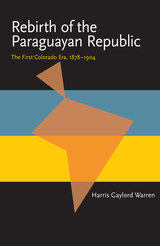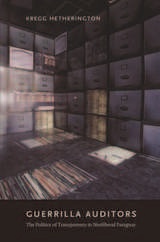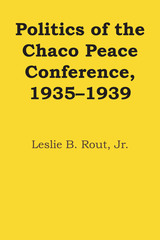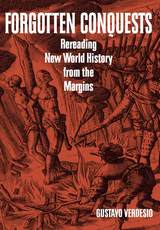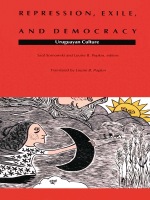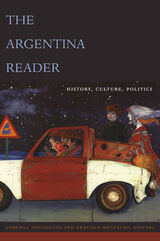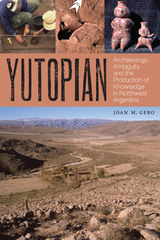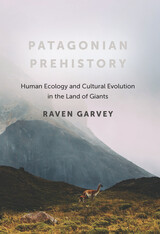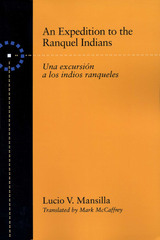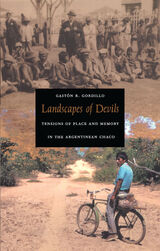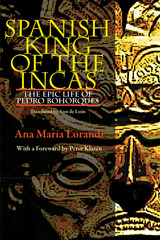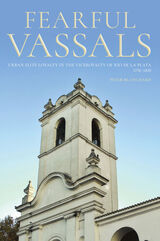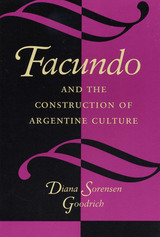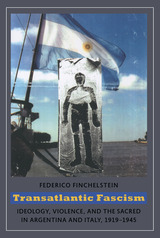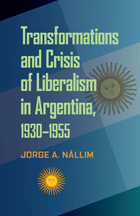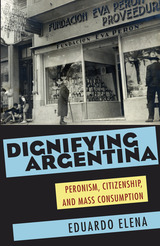Repression, Exile, and Democracy: Uruguayan Culture
Duke University Press, 1992
Paper: 978-0-8223-1268-0 | Cloth: 978-0-8223-1258-1 | eISBN: 978-0-8223-9785-4
Library of Congress Classification F2729.R4613 1993
Dewey Decimal Classification 306.209895
Paper: 978-0-8223-1268-0 | Cloth: 978-0-8223-1258-1 | eISBN: 978-0-8223-9785-4
Library of Congress Classification F2729.R4613 1993
Dewey Decimal Classification 306.209895
ABOUT THIS BOOK | AUTHOR BIOGRAPHY | REVIEWS | TOC | REQUEST ACCESSIBLE FILE
ABOUT THIS BOOK
Repression, Exile, and Democracy, translated from the Spanish, is the first work to examine the impact of dictatorship on Uruguyan culture. Some of Uruguay's best-known poets, writers of fiction, playwrights, literary critics and social scientists participate in this multidisciplinary study, analyzing how varying cultural expressions have been affected by conditions of censorship, exile and "insilio" (internal exile), torture, and death.
The first section provides a context for the volume, with its analyses of the historical, political, and social aspects of the Uruguayan experience. The following chapters explore various aspects of cultural production, including personal experiences of exile and imprisonment, popular music, censorship, literary criticism, return from exile, and the role that culture plays in redemocratization.
This book's appeal extends well beyond the study of Uruguay to scholars and students of the history and culture of other Latin American nations, as well as to fields of comparative literature and politics in general.
The first section provides a context for the volume, with its analyses of the historical, political, and social aspects of the Uruguayan experience. The following chapters explore various aspects of cultural production, including personal experiences of exile and imprisonment, popular music, censorship, literary criticism, return from exile, and the role that culture plays in redemocratization.
This book's appeal extends well beyond the study of Uruguay to scholars and students of the history and culture of other Latin American nations, as well as to fields of comparative literature and politics in general.
Contributors. Hugo Achugar, Alvarro Barros-Lémez, Lisa Block de Behar, Amanda Berenguer, Hiber Conteris, José Pedro Díaz, Eduardo Galeano, Edy Kaufman, Leo Masliah, Carina Perelli, Teresa Porzecanski, Juan Rial, Mauricio Rosencof, Jorge Ruffinelli, Saúl Sosonowski, Martin Weinstein, Ruben Yáñez
See other books on: Arts | Censorship | Cultural policy | Exile | Politics and culture
See other titles from Duke University Press
